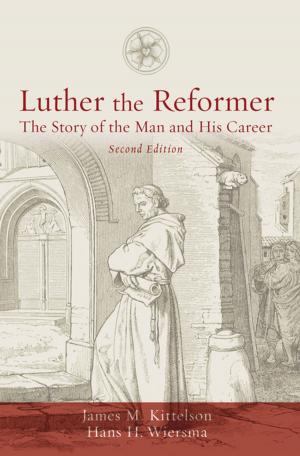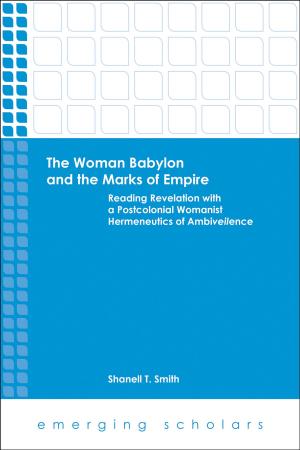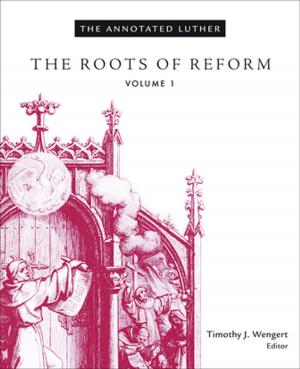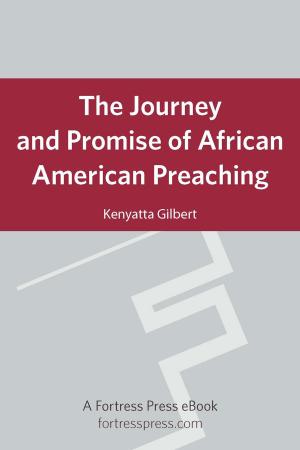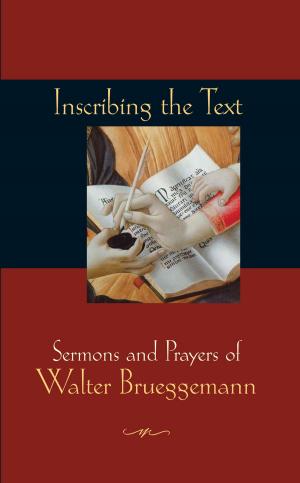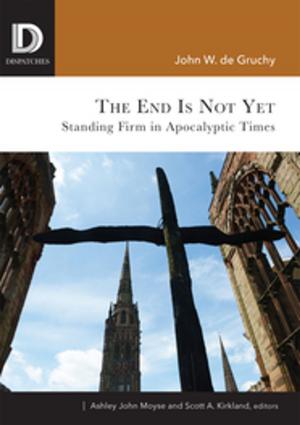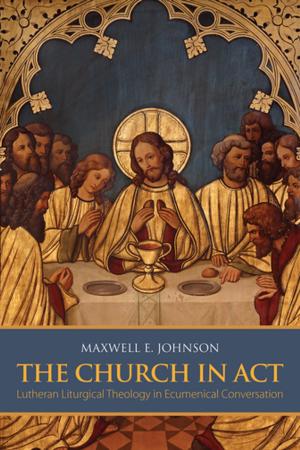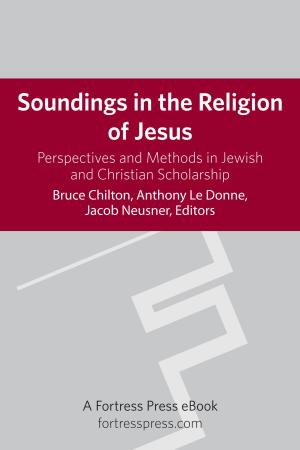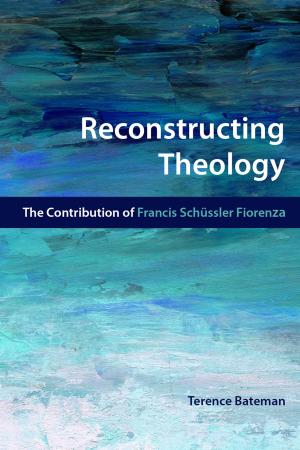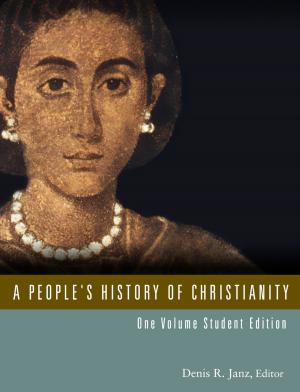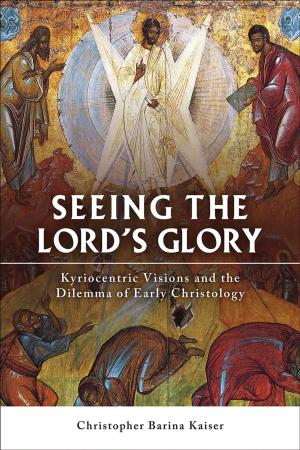The Mystery and Agency of God
Divine Being and Action in the World
Nonfiction, Religion & Spirituality, Theology, Philosophy, Christianity| Author: | Frank G. Kirkpatrick | ISBN: | 9781451479775 |
| Publisher: | Fortress Press | Publication: | February 1, 2014 |
| Imprint: | Fortress Press | Language: | English |
| Author: | Frank G. Kirkpatrick |
| ISBN: | 9781451479775 |
| Publisher: | Fortress Press |
| Publication: | February 1, 2014 |
| Imprint: | Fortress Press |
| Language: | English |
There are two philosophical commitments requisite to Christian belief: that God is the ultimate mystery and that God is present and active in the world and therefore accessible to creatures. Attempting to avoid the trappings of a radical distantiation on the one hand, and the immanent collapse of God and world on the other, Frank Kirkpatrick argues for an underdeveloped theory of agency and action that preserves the mystery of God while providing a philosophically robust account of discernible, personal divine action in created time and space. Drawing on the often neglected philosophical work of thinkers like John Macmurray, Raymond Tallis, and Edward Pols, Kirkpatrick proposes a way around the stalemates that have stymied the attempt to think divine agency coherently. This is then brought into conversation with systematic theology, where it is critically tested by, and critiques, accounts in Barth, Pannenberg, Torrance, Jenson, and the recent work of Kevin Hector.
There are two philosophical commitments requisite to Christian belief: that God is the ultimate mystery and that God is present and active in the world and therefore accessible to creatures. Attempting to avoid the trappings of a radical distantiation on the one hand, and the immanent collapse of God and world on the other, Frank Kirkpatrick argues for an underdeveloped theory of agency and action that preserves the mystery of God while providing a philosophically robust account of discernible, personal divine action in created time and space. Drawing on the often neglected philosophical work of thinkers like John Macmurray, Raymond Tallis, and Edward Pols, Kirkpatrick proposes a way around the stalemates that have stymied the attempt to think divine agency coherently. This is then brought into conversation with systematic theology, where it is critically tested by, and critiques, accounts in Barth, Pannenberg, Torrance, Jenson, and the recent work of Kevin Hector.



